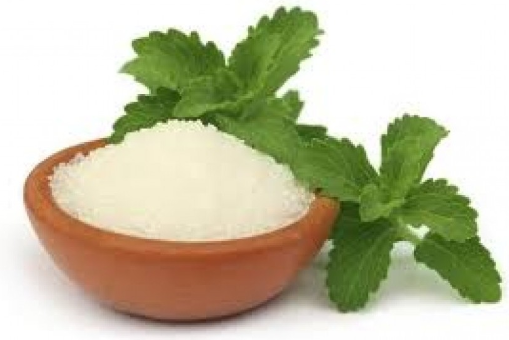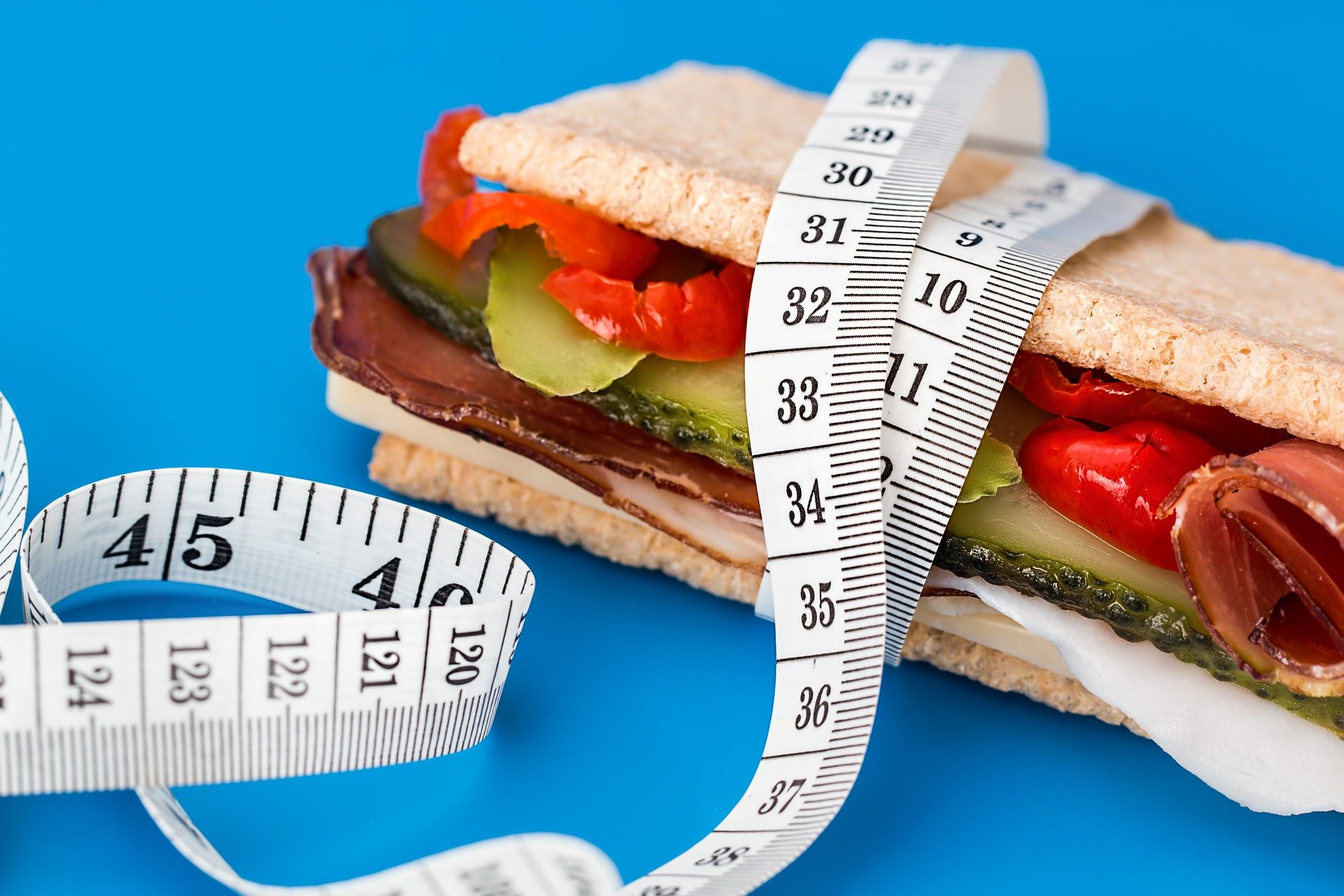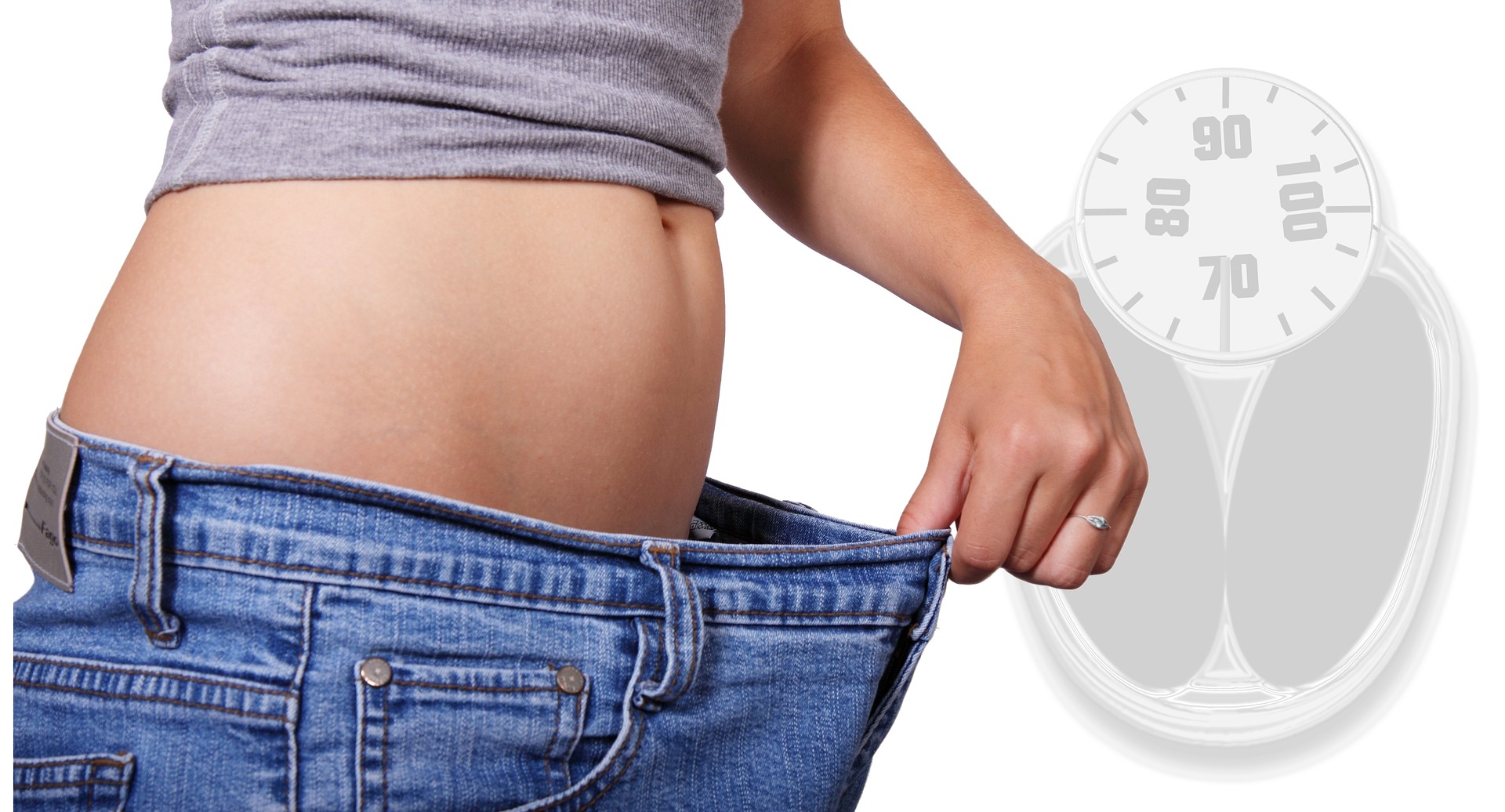Embarking on the challenging journey to recovery is a step toward a healthier and happier life. While therapies and support groups offered by many Alcohol & Drug Detox Centers play crucial roles in this journey, incorporating regular exercise can be a game-changer. Exercise not only improves your physical health, it also supports your mental and emotional well-being, making it an invaluable tool for those navigating the path to recovery. In this article, we’ll explore the top ways exercise can support your journey to recovery and sobriety.
Mood-Boosting Magic

Exercise has a remarkable ability to lift your spirits and improve your mood. When you engage in exercise, the brain releases endorphins, neurotransmitters that are natural mood lifters. These feel-good chemicals can help alleviate feelings of stress, anxiety, and depression, which are often present during the recovery process. Whether it’s a brisk walk, a yoga session, or a heart-pumping dance class, finding an exercise routine that you enjoy can be a powerful mood booster that helps you stay positive and resilient on your journey to sobriety.
Stress Relief Superhero
Managing stress is an essential component of sobriety, and exercise is a potent stress-buster. Physical activity reduces levels of the body’s stress hormones, like cortisol, while simultaneously promoting the production of endorphins, which enhance relaxation and a sense of well-being. Whether you’re punching out stress with boxing, finding your flow in tai chi, or hitting the trails for a trail run, exercise provides a healthy outlet for releasing tension and clearing your mind, helping you stay grounded and focused on your recovery goals.
Resilience and Confidence Enhancer

Regular exercise not only strengthens your body but also builds resilience and confidence as you overcome challenges and achieve your fitness goals. Setting and accomplishing exercise milestones, whether it’s your first 5K or mastering the new yoga pose, boosts your self-esteem and reinforces your ability to overcome obstacles. This mindset is invaluable in the recovery journey. As you witness your progress in the gym or on the track, you’ll gain a renewed sense of confidence in your ability to tackle the challenges of sobriety with determination and resilience.
Healthy Habits and Routines
Consistency is key in both exercise and recovery. Incorporating regular physical activity into your daily routine helps establish healthy habits and structure, which are essential elements of long-term sobriety. Whether it’s scheduling a morning workout, attending a group fitness class after work, or taking a sunset stroll to unwind, exercise provides a positive and constructive way to fill your time and avoid triggers associated with substance use. By prioritizing your health and well-being through exercise, you’re creating a strong foundation for a fulfilling life in recovery.
Exercise is a great ally in your journey to recovery and sobriety, offering a multitude of benefits for you mental, physical, and emotional well-being. Whether you’re seeking a mood boost, stress relief, confidence-building, or healthy routine establishment, regular physical activity can support your goals and help you thrive in sobriety.…







 Most people are familiar with this platoon bike and this bike, which are dream purchases for every fitness enthusiast. On the other hand, the platoon also has a subscription application that is accessible to those who do not have a bike or treadmill. In view of the disease’s outbreak, the company makes the platoon’s program available for 90 days. Rumble, The organization, has sites all over the country, but as a precaution, it closed them on March 16 due to the coronavirus. The company is interested in keeping its clients in shape, so it publishes daily training courses on Instagram Live.
Most people are familiar with this platoon bike and this bike, which are dream purchases for every fitness enthusiast. On the other hand, the platoon also has a subscription application that is accessible to those who do not have a bike or treadmill. In view of the disease’s outbreak, the company makes the platoon’s program available for 90 days. Rumble, The organization, has sites all over the country, but as a precaution, it closed them on March 16 due to the coronavirus. The company is interested in keeping its clients in shape, so it publishes daily training courses on Instagram Live.



 Cherries, grapes, apples, berries, mangoes, bananas, sweets, and cakes. There would be a delicious way to taste these fruits, shake them, and combine them into a fat yogurt.
Cherries, grapes, apples, berries, mangoes, bananas, sweets, and cakes. There would be a delicious way to taste these fruits, shake them, and combine them into a fat yogurt.



 Eating healthy is not the same as going vegan. Note that the term veganism means abandoning all animal source of foods and switch to plant-based foods only. Health experts suggest a balanced diet consisting of both plant and animal products, and it includes dairies, meat, seafood, fruits, and vegetables. Your body needs a consistent amount of nutrient each day, and it should include carbohydrates, protein, vitamins, minerals, and fat. Skipping one of these substances will lead to nutrient deficiency and other health issues, such as constant fatigue and dizziness.
Eating healthy is not the same as going vegan. Note that the term veganism means abandoning all animal source of foods and switch to plant-based foods only. Health experts suggest a balanced diet consisting of both plant and animal products, and it includes dairies, meat, seafood, fruits, and vegetables. Your body needs a consistent amount of nutrient each day, and it should include carbohydrates, protein, vitamins, minerals, and fat. Skipping one of these substances will lead to nutrient deficiency and other health issues, such as constant fatigue and dizziness.